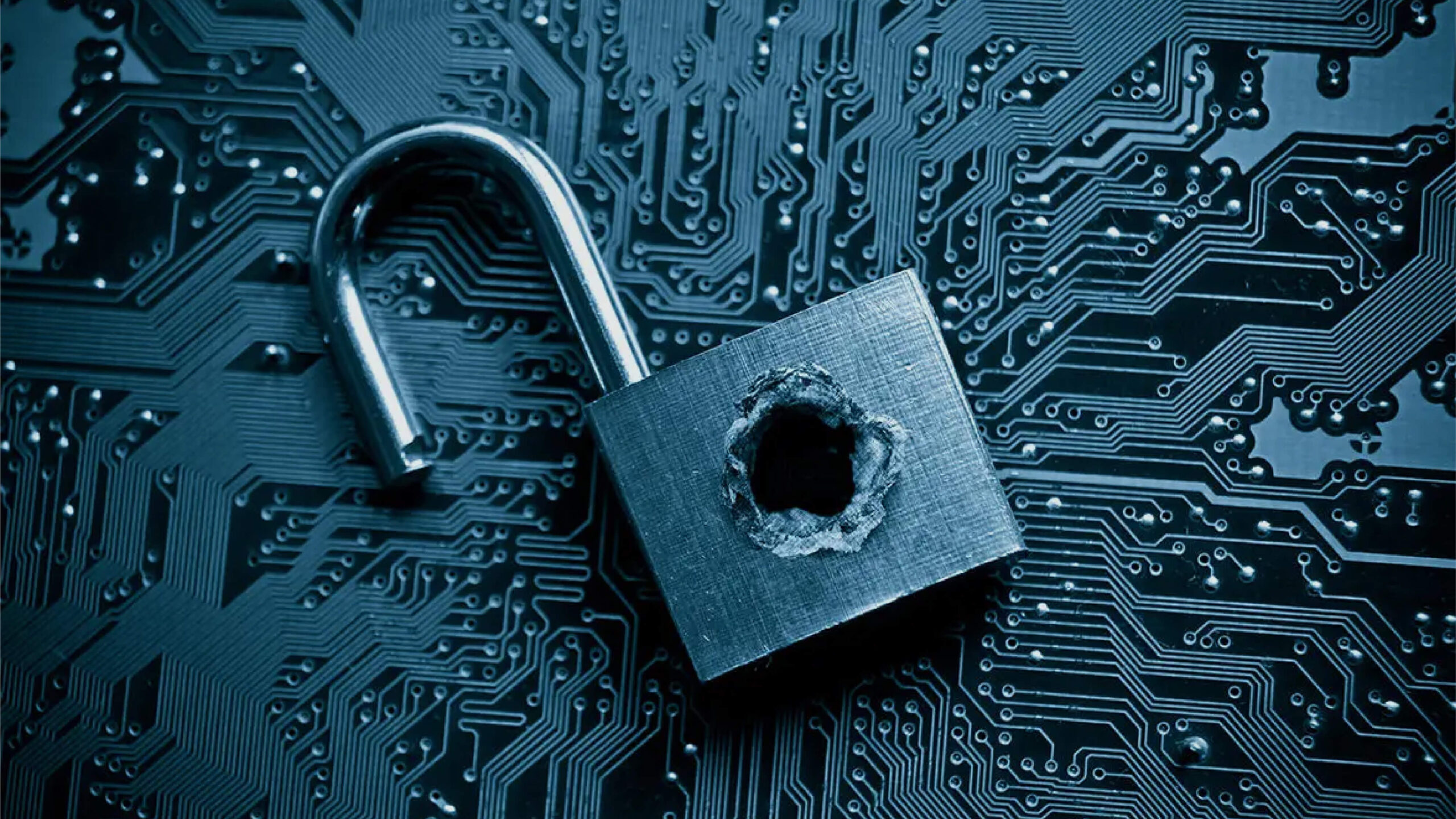Introduction
Data breaches are becoming increasingly common in today’s digital age, with cybercriminals constantly looking for new ways to steal sensitive information. In a recent incident, a massive data breach exposed the personal details of 16.8 crore citizens, sending shockwaves through the country. The breach has led to the arrest of seven suspects believed to have been involved in the crime. In this blog, we will discuss the details of the data breach and the steps that can be taken to prevent such incidents from happening in the future.
What happened?
The data breach was reported by a cybersecurity firm that discovered a database containing the personal details of 16.8 crore citizens. The data included information such as names, addresses, phone numbers, email addresses, and Aadhaar card numbers. The breach is believed to have occurred due to a vulnerability in the system that hackers exploited.
The Modus Operandi
The hackers intend to steal personal and confidential data, including the sensitive information of defence personnel and government officials nationwide. “This has major repercussions on national security.” Data from defence and government workers can be used for espionage, impersonation, and other serious crimes that jeopardise national security. The Cyberabad Police, Telangana, is investigating how this material was released and who the inside elements assisting in such crimes are. The accused were also found selling information in the Energy and Power sector, PAN card data, Government employees, Gas and Petroleum, HNIs (High Net-worth Individuals), Demat accounts, student databases, databases of women employees, data of people who have applied for loans and insurance, and credit card and debit card holders (of private banks), WhatsApp users, Facebook users, IT organisation employees, frequent flyers, and so on. The accused also had NEET students’ information, including their names, phone numbers, and residences. A PAN card database was also discovered, which contained sensitive information about people’s income, email addresses, phone numbers, and residences.
According to authorities, the data theft targeted up to 1.2 crores WhatsApp users and 17 lakh Facebook users.
The Aftermath
The data breach has caused widespread concern among citizens who fear cybercriminals may misuse their personal information. The government has assured citizens that steps are being taken to ensure that the data is not misused. The suspects who were apprehended in connection with the crime are being interrogated, and it is expected that more arrests will be made soon, seven members of the gang have been arrested from Noida, and different parts of the nation.
The data potentially can be sold on the dark web at a low price, which is a big concern, there can be serious repercussions for national security.” Data from defence and government personnel can be exploited for espionage, impersonation, and major crimes that imperil national security.
How can such incidents be prevented?
Data breaches can have severe consequences, including financial loss, identity theft, and reputational damage. To prevent such incidents from happening in the future, individuals and organisations need to take appropriate measures to protect their data. Cyber attacks are growing more complex and frequent, making it critical to take preventative steps. Here are some pointers to assist you in avoiding or mitigating the impact of cyber attacks:
- Set up two-factor authentication and strong passwords: Strong passwords are essential for safeguarding oneself from cyber threats. Avoid using easily guessable information such as your name, birth date, or frequent phrases, and instead, use a mix of letters, numbers, and unusual characters. In addition to your password, two-factor authentication adds extra security by requiring a code or notification to be sent to your phone.
- Maintain software updates: Cybercriminals frequently exploit known weaknesses in older software, so keep your operating system, programs, and plugins up to date.
- Antivirus software can help safeguard your computer from viruses and other cyber threats. Keep your antivirus software up to date and perform frequent scans.
- When opening emails or clicking on links, be cautious: Cybercriminals frequently use phishing scams to deceive you into exposing personal information or downloading software. Be sceptical of unusual emails or texts, especially if they include questionable links or attachments.
- Use secure networks: Avoid using public Wi-Fi networks when performing online tasks where you have to share your personal credentials, such as online banking or shopping. If you must use public Wi-Fi, encrypt your internet traffic and protect your data with a virtual private network (VPN).
- Backup your data on a regular basis: Backing up your data on a regular basis will assist you in recovering fast in the case of a cyber-attack or data loss.
- Be conscious of your digital footprint: Take care with the information you publish online and on social media. Cybercriminals can guess your passwords or steal your identity by using information such as your birthdate, phone number, or address.
Conclusion
The recent data breach that exposed the personal details of 16.8 crore citizens is a reminder of the importance of protecting sensitive information. While individuals and organisations need to take appropriate measures to protect their data, governments also need to ensure that they have robust cybersecurity measures in place to prevent such incidents from happening in the future. By working together, we can ensure our personal information is secure and protected from cybercriminals.
Reference:
- https://www.cnbctv18.com/information-technology/massive-data-leak-of-government-defence-personnel-detected-7-arrested-16249941.htm
- https://www.news18.com/tech/in-massive-data-breach-details-of-1-2-crore-whatsapp-users-2-55-lakh-defence-staff-16-8-cr-citizens-leaked-gang-held-cyberabad-police-7371709.html
Author : Ms. Tanushree Saxena, Trainer, CyberPeace




